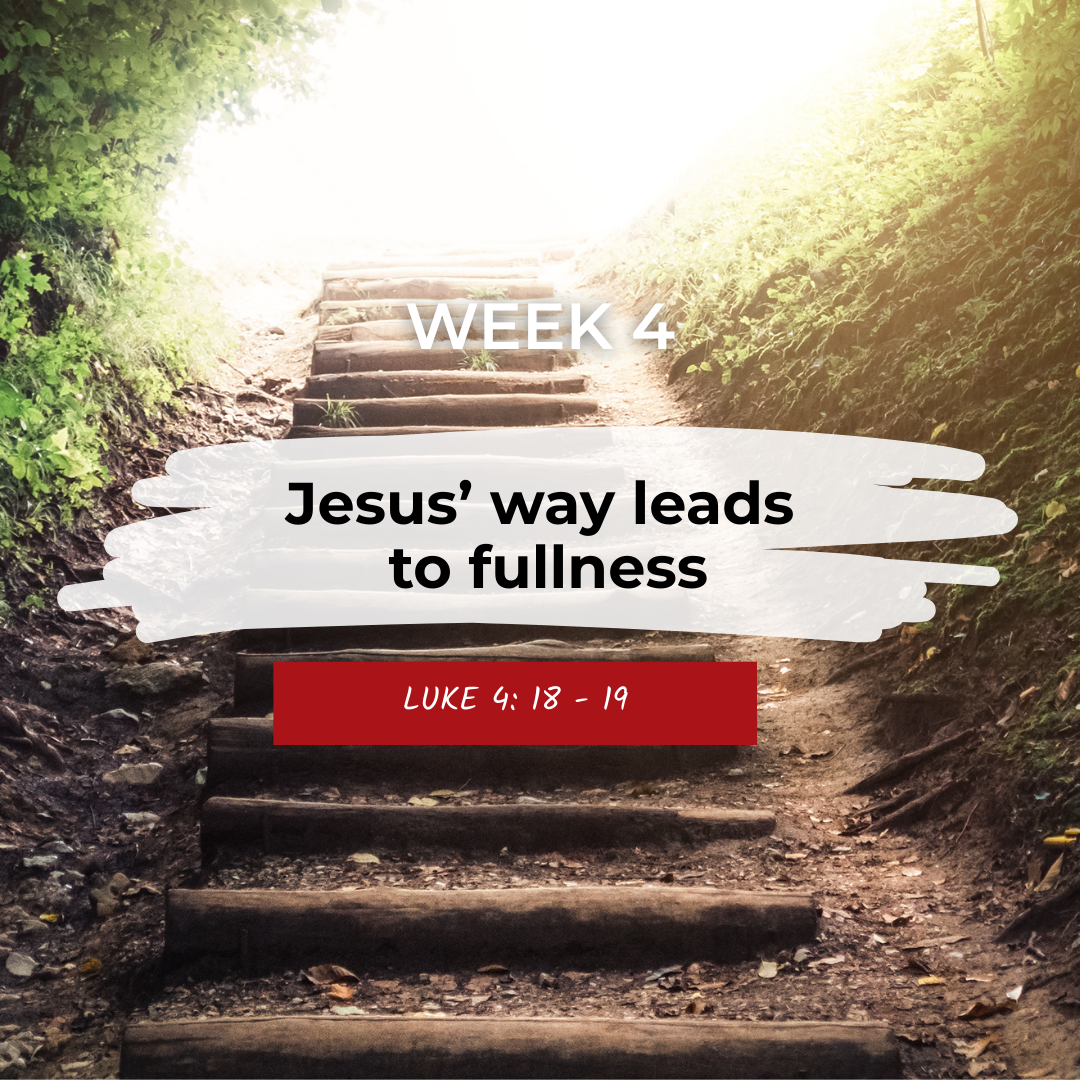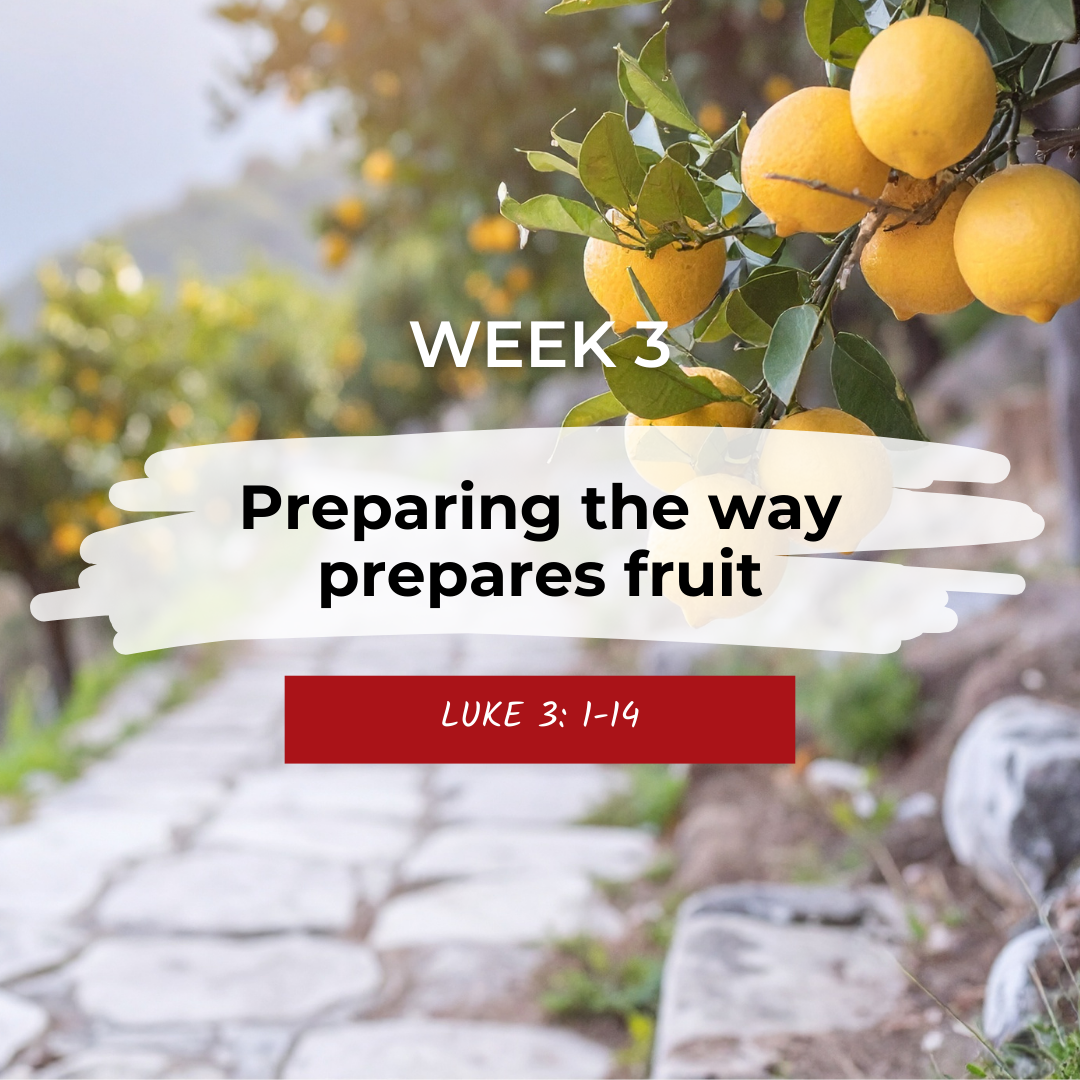A tiny hospital in the Philippines is helping people see again
Stories | July 26, 2022 | Author: Alison Dean, CBM Director of Public Engagement
On my first overseas project visit with CBM, I wept. Let me be clear, I am not the crying type. For 30 years, I have held myself to the discipline of not crying at work, and certainly not this type of crying. This was silent, body-shaking, eyes-leaking crying.
Why?
I was filming the story of a farmer who was also a husband and a father. This was a man who was passionate about his work, about feeling valued and valuable. He was so proud to support his family.
And then his eyesight started to fail due to a degenerative disease made more problematic by the presence of double cataracts.
His family, too fearful about his failing eyesight, would not let him leave the house. “I just sit on the couch all day,” he told me. He started to weep: “I cannot support my family. My wife, she has to work so hard. She has to do so much. Above all, I want to work. I want to help the family.”
This man was dressed in a hospital gown, sitting in a plastic chair in the corridor that led to an operating theatre. The theatre was part of a tiny hospital in a remote part of the Philippines. A CBM-funded program had taken up residency in the hospital to provide cataract surgeries for those like this proud farmer.
He had been told it was just a 12-minute cataract operation, but he was also warned that it did not mean his full sight would return.
The next day, more than 20 people who had had cataract surgery filled the temporary centre, patches covering their eyes.
Our farmer was happy once his operation was over. When his patch was removed and his eyes tested, the ophthalmologist was pleasantly surprised at how well sight had been restored. The farmer was even happier: “I will return to work tomorrow.”
The footage I shot never saw the light of day. My shakes and my tears rendered it useless. However, the story will stay with me forever.
What I love about working with CBM is that it works to end the cycle of poverty and disadvantage. It works to ensure inclusivity and that people are connected with the services they need to reach their full potential.
That could mean glasses (which are made on the spot at this community centre in the Philippines). It could mean a 12-minute cataract surgery to restore sight. It could also mean, that where sight cannot be restored, people can be introduced to a disabled persons’ organisation to ensure they receive the advocacy and assistance required to live to their full potential.
It is this sustainable, disability-inclusive development that CBM provides with and for people with disabilities, that I was attracted to and that fills me with so much hope … and compassion.
On my second CBM trip, I visited Nepal with a fantastic team of radio broadcasters as part of the Miracles Day radiothon. Our mission was to inspire Australians to give 40,000 Miracles of sight-saving surgery to people living in one of the poorest countries on Earth.
It was here I met Kalim, a little boy the same age as my daughter. Kalim’s sight had been deteriorating for almost two years and he could barely see a metre in front of him.
With his grandmother by his side, Kalim told us how his teachers would beat him because he couldn’t read; they thought he was misbehaving.
Kalim knew what he wanted from life. He wanted to be an engineer. And when he heard we were from Australia, Kalim said he knew the Australian cricket team and he wanted to be a wicket-keeper.
Then Kalim turned solemn, this little primary school child: “I can’t see since my childhood. I didn’t write, I didn’t read and so I would get beaten. When I was beaten it was very painful to me. I know my eyes are different from friends. It makes me feel bad.”
His father, who had also travelled with the boy, left his son and the grandmother at the CBM-funded hospital to return home. He thought his son was getting his hopes up and did not want to see them dashed.
“I miss my dad,” the child said through tears.
But did he believe the operation would work?
“After surgery, I’m ok, I will get medicine and then I think I can see better afterwards.”
Kalim’s father returned the day after the operation to see his boy have the patches removed. The joy on the child’s face was matched by that of his father and grandmother as the medical staff reported his sight was restored.
I cried again. Tears of happiness that because of the generosity of Australians, this brave boy was able to have the surgery he needed to restore his sight.
A gift of $33 can give someone like Kalim the Miracle gift of sight. Donate today at miraclesday.com.au
Read more about CBM-funded inclusive eye health camps in Nepal
https://www.cbm.org.au/stories/tiny-hospital-philippines-helping-people-see-again-cataract-surgery-miracle
Related Stories

Advent 2025: Jesus’ way leads to fullness
The way of Jesus gives people freedom and empowers them to live out their God-given purpose. The last few weeks...

Advent 2025: Preparing the way produces fruit
John the Baptist called people to prepare for God’s presence through repentance and by producing fruit (acts of justice,...

From sports to advocacy – the journey of the Isiolo Umbrella Disability Group
The Promoting Inclusive Delivery of Eye Care (PRIDE) Project is a...
